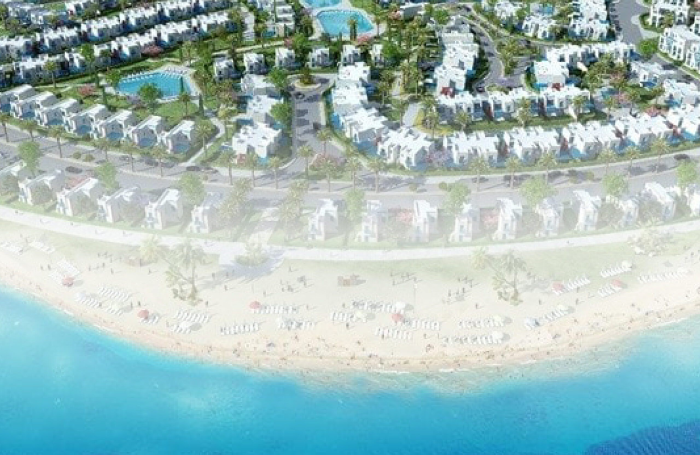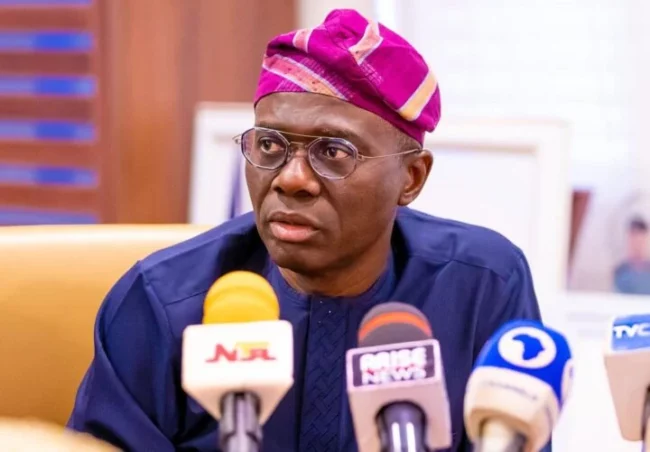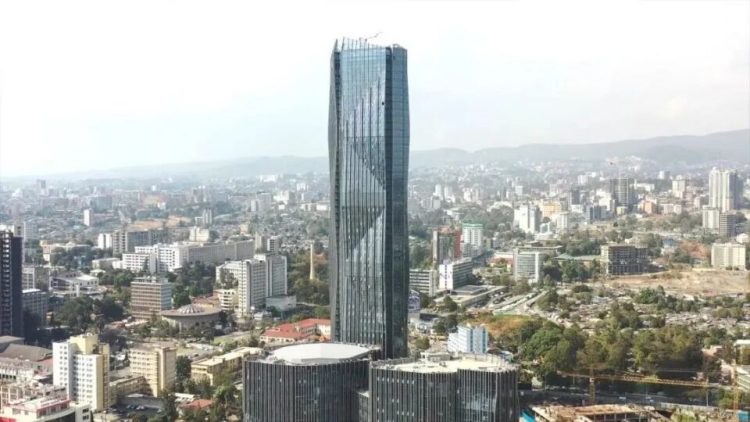Egypt’s construction and real estate sector is riding a wave of foreign direct investment (FDI), drawing in $35.8 billion in FY 2023/24, thanks largely to the landmark Ras El Hekma deal. That number amounts to about 76% of Egypt’s total net FDI inflows.
The Ras El Hekma agreement, struck with Abu Dhabi’s sovereign investment fund ADQ, tasks the fund with acquiring development rights worth $24 billion. Under the deal Egypt retains a 35% stake in the project.
The development is billed as a next-generation city over some 170 square kilometres. It will combine tourism, residential, commercial and industrial zones, a marina, airport, free zones and other premium infrastructure.
Observers see the deal as Egypt’s boldest FDI gamble in recent memory. It comes at a time when the country faces serious economic pressure from inflation, foreign currency shortages and stalled revenues from key sectors like the Suez Canal. The Ras El Hekma deal alone is expected to attract further investment—potentially up to $150 billion—once complementary phases are implemented.
Confidence from investors has also translated into output on the ground. The number of construction companies registered in Egypt rose to 2,856 in 2024, up from 2,375 in 2023. That reflects about a 20% growth year-on-year. Real estate developers have exploded in number. As one official noted, they’ve grown from roughly 270 in 2015 to 15,000 in 2024.
Urbanization, always central to Egypt’s development plans, is accelerating. The rate has doubled in less than a decade, going from about 7% in 2015 to 14% in 2024. Over the past two decades, real estate prices have multiplied by tenfold to even twenty times in some places. That has reinforced real estate not just as an investment but as a store of value.
Government policy is playing a strong supporting role. Egypt’s “Vision 2030” frames real estate and construction as foundational to economic growth, job creation and improved living standards.
The investment authority GAFI is offering tailored incentives, pushing regulatory reforms and trying to improve investor confidence. Private sector voices are also pushing for more robust regulation: calls for an independent regulatory authority, a union of real estate developers to uphold standards, and laws to protect buyers.
Still, analysts warn that promises and blueprints must translate into tangible progress. Negotiations around some details of Ras El Hekma remain ongoing. There are concerns about timelines, land rights, environmental impacts, and whether infrastructure can keep pace.
Egypt’s ability to deliver stable macroeconomic conditions—containing inflation, ensuring access to foreign currency, and maintaining predictable policies—will be key to sustaining investor trust.
In sum, Egypt is riding a construction-led FDI surge with the Ras El Hekma deal at its core. The sector is rapidly scaling. Whether it can navigate risks and deliver on its promise will determine if this growth endures beyond headlines.




